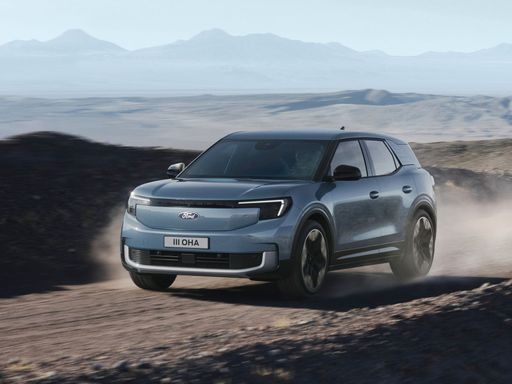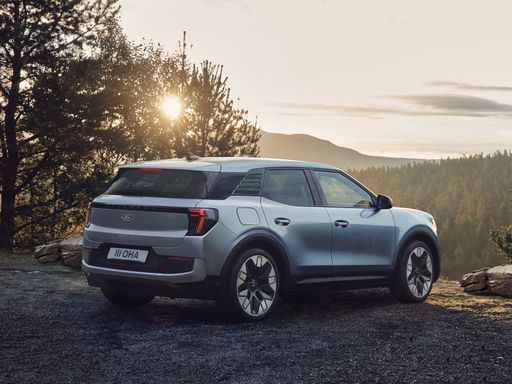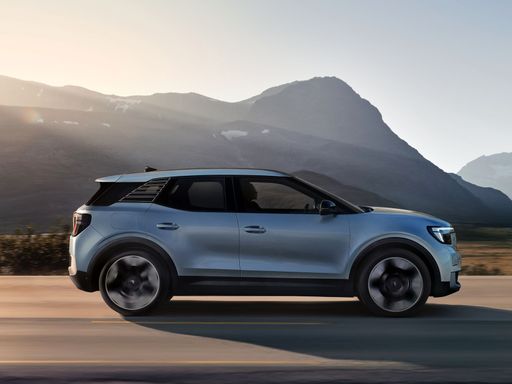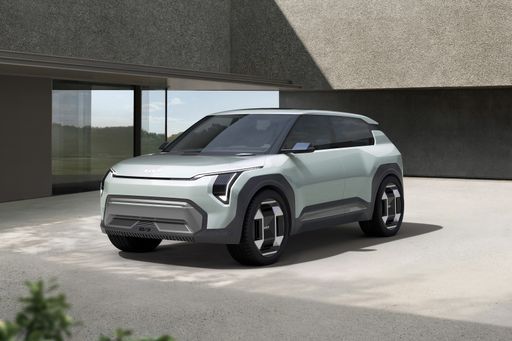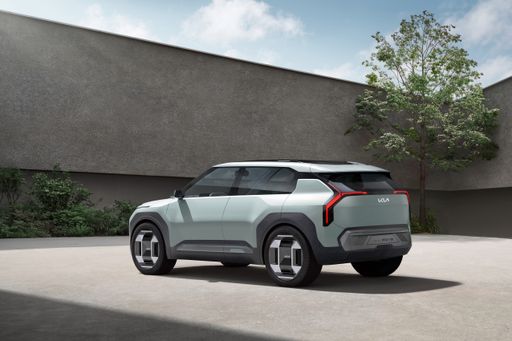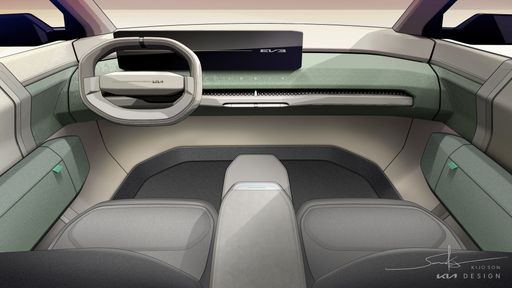Two Electric Paths, One Decision
Meet the Ford Explorer EV and the Kia EV3: two battery-powered SUVs chasing the same buyer from different angles. The Ford rolls in with broad shoulders and a calm, long-stride vibe, like a seasoned traveler who knows the route. The Kia arrives with sharp lines and concept-car confidence, looking ready for tomorrow’s city. Same destination—very different journeys.

